Top 8 High-Protein Vegetables to Burn Fat You Should Eat Every Day
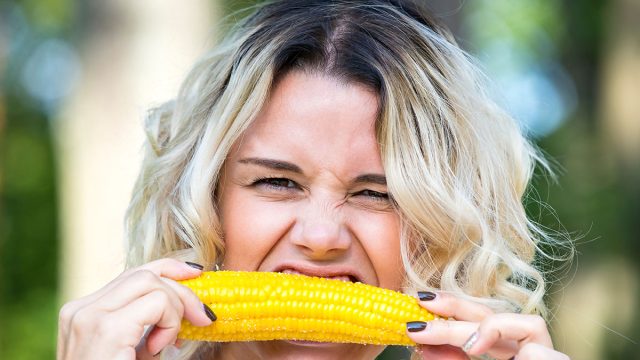
Protein cannot be stored in our bodies, so it's important to make sure we're getting enough of this essential macronutrient. "Protein is the building block for your organs, bones, muscles, and hair," family medicine physician Dr. Sharon Browning tells Atrium Health. "When you have a strong foundation with protein, you have a healthy foundation for your body and life. The goal is to have longevity with your health. The better fuel you put in your body, the better workouts you'll have and the healthier you'll feel." Here are vital high-protein vegetables that will help you burn fat, get fit, and feel amazing.
Lima Beans
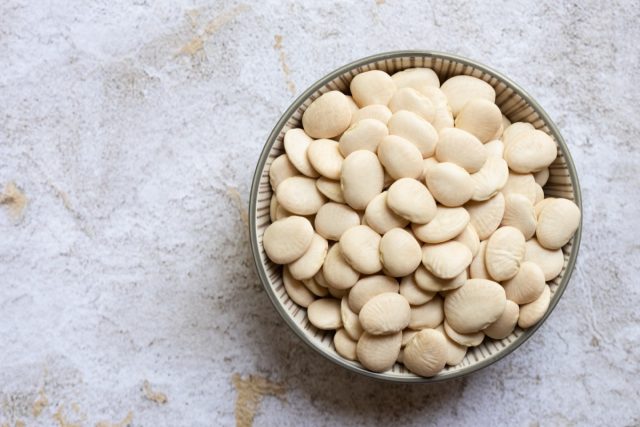
Lima beans have 11.6g of protein per cup cooked (23% DV) and are high in fiber. "Protein plus fiber keeps us full longer, which means you don't feel the urge to eat as often," chef and dietitian Nancy Waldeck tells Piedmont Health. "This helps keep weight down while fueling our cells with the right nutrients they need."
RELATED: 11 "Smart" Carbs to Help You Lose Weight and Burn Fat Fast
Soybean Sprouts
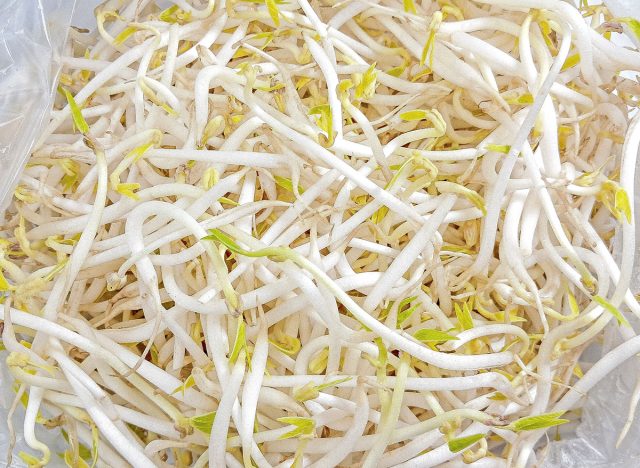
Soybean sprouts have 9.2g of protein per cup (18% DV). Soybeans are used to make a delicious side dish in Korean cuisine (Kongnamul muchim).
Green Peas
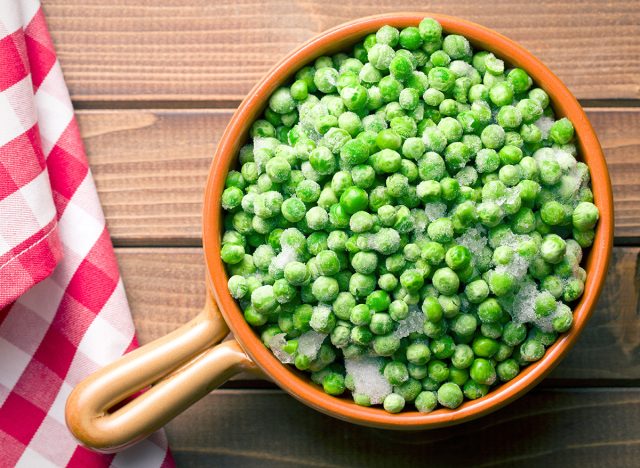
Green peas have 8.6g of protein per cup (17% DV). "Even at triple the calories of some other veggies, peas are still a relatively low-calorie food and one of the most nutrient-dense vegetables," Marc O'Meara, RD, tells Consumer Reports. "So garnering the benefits of those nutrients outweighs any extra calories or carbohydrates."
Spinach
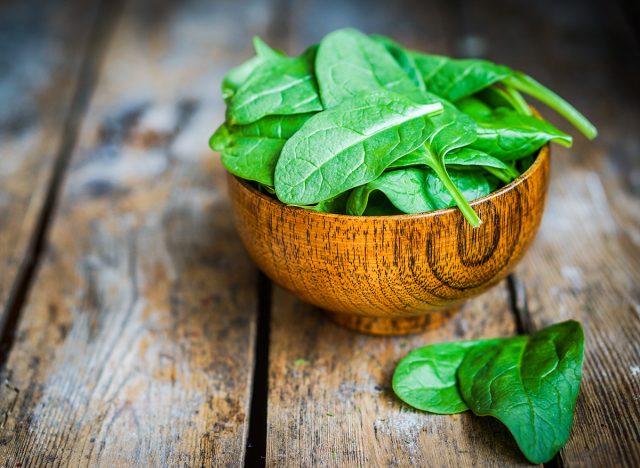
Spinach has 5.3g of protein per cup cooked (11% DV). "Spinach is one of the most nutritious foods you can eat," Kayla Kopp, RD, LD, tells the Cleveland Clinic. "It's also very easy to use. Raw or cooked, spinach is great in salads, appetizers, smoothies, and main dishes."
RELATED: I Lost 40 Pounds In 5 Months Without Strict Dieting With This Surprisingly Simple 3-Part Strategy
Sweetcorn
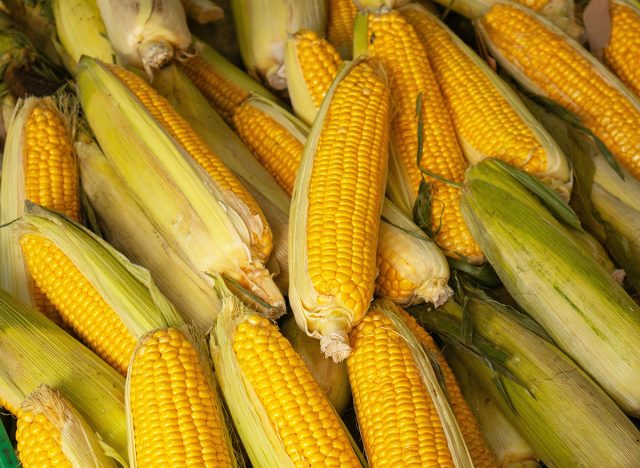
Sweetcorn has 4.7g of protein per cup cooked (9% DV). "You can eat corn fresh, frozen, or canned. Any way you eat it, corn can be part of a healthy diet — just don't add a lot of extras like butter and salt," Elyse Homan, MS, RD, LD, tells the Cleveland Clinic.
Asparagus
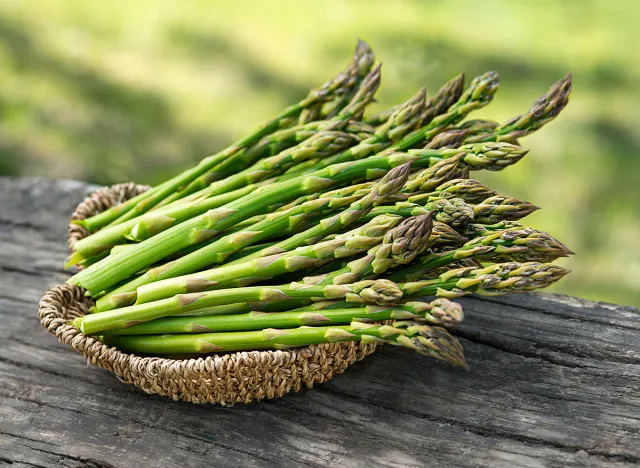
Asparagus has 4.3g of protein per cup cooked (9% DV). This versatile vegetable is also high in vitamins and minerals, especially folate and vitamins A, C, and K.
Artichokes
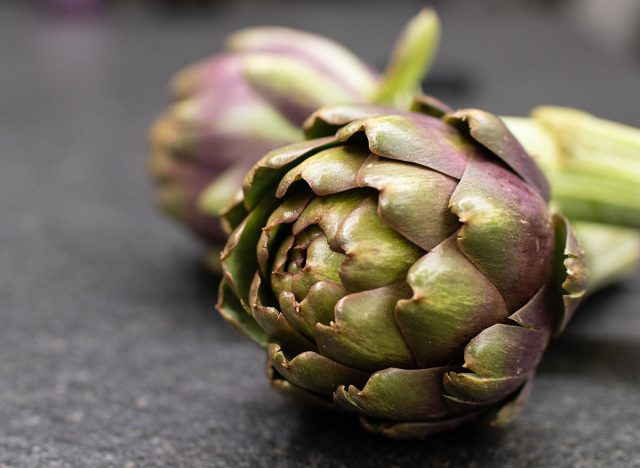
Artichokes have 4.2g of protein per cup cooked(8% DV). "Artichokes can be a great addition to a heart-healthy diet — as long as you don't always eat them with cheese, butter, and other high-fat ingredients," Beth Czerwony, RD, LD, tells the Cleveland Clinic.
RELATED: Top 7 Low-Carb Snacks to Boost Energy Your Body Needs Every Day
Brussels Sprouts
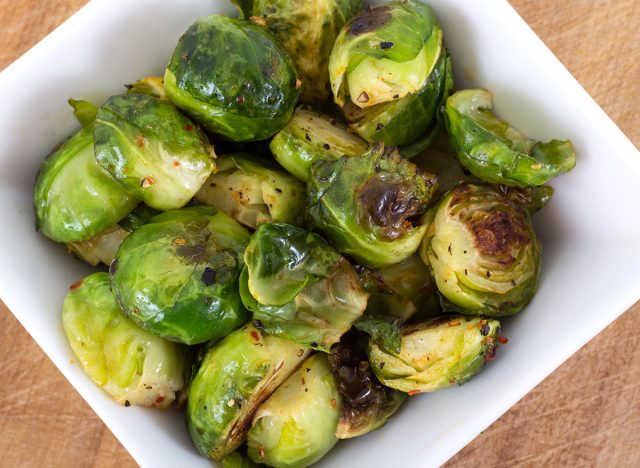
Brussels Sprouts have 4g of protein per cup cooked (8% DV). "This is especially helpful if you follow a vegan or vegetarian meal plan and need more sources of natural protein in your diet," Carrie Madormo, RN, tells Taste of Home. "Try roasting Brussels sprouts in olive oil or adding interesting flavors like pomegranate and hazelnut." And if you enjoyed this article, take advantage of these 15 Quick Ways to Lose Body Fat Percentage in a Week.




